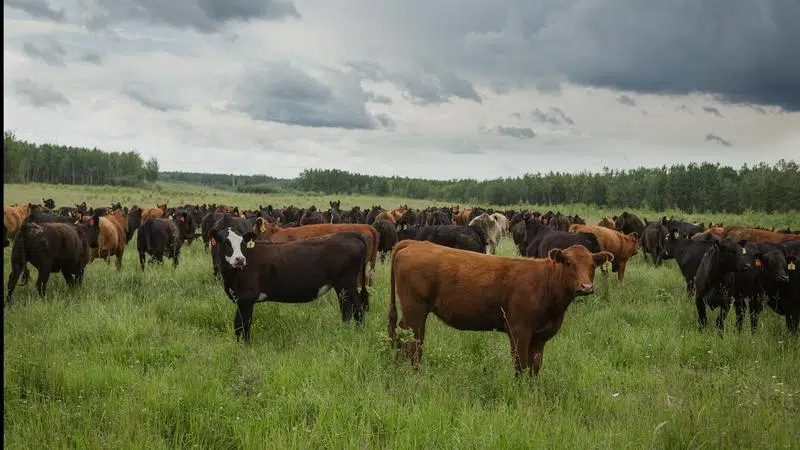
Province to update crown land grazing regulations and fees
The provincial government says it is bringing in what it calls “much-needed modernizations” to the legislation governing fees ranchers pay to graze livestock on public land.
Environment and Parks Minister Jason Nixon spoke on the Public Lands Modernization proposal at a Tuesday news conference.
“This act will modernize the public land disposition grazing fee framework by allowing updates to the grazing distribution rental rates and assignment fees. This act will also lead to the establishment of a dedicated revenue stream that will support rangeland sustainability initiatives to ensure the long-term success of the industry and environmental health and stability of Alberta’s rangelands.”
He adds the revenue stream idea came from stakeholder groups.
